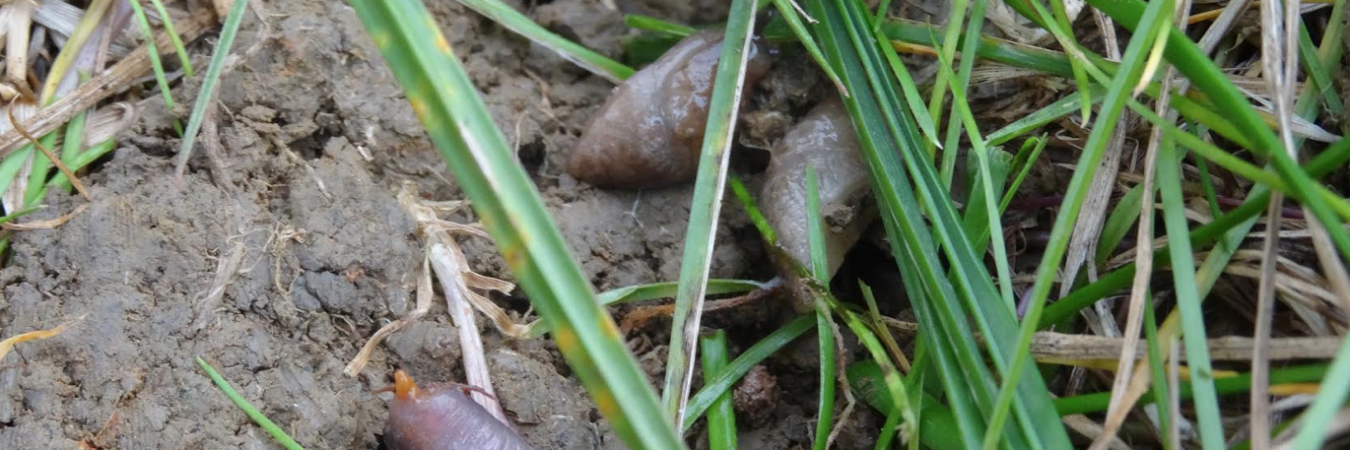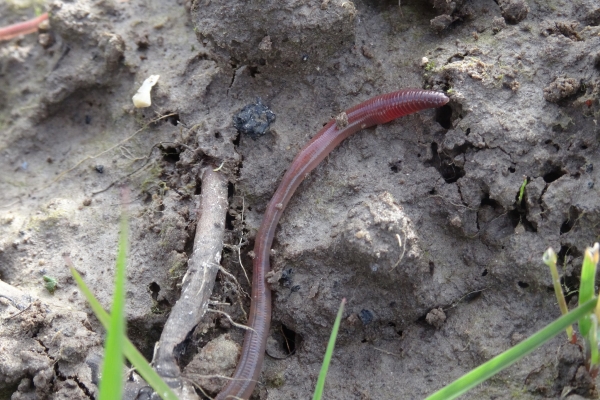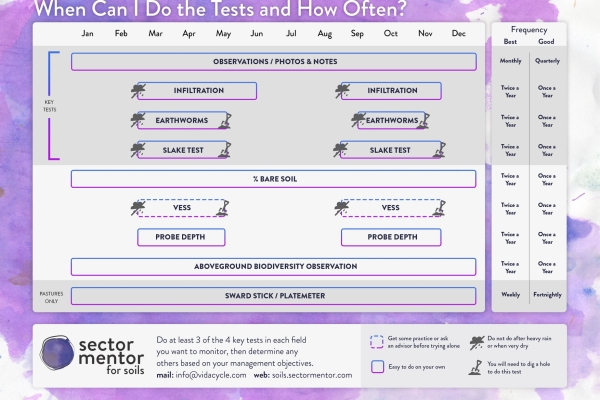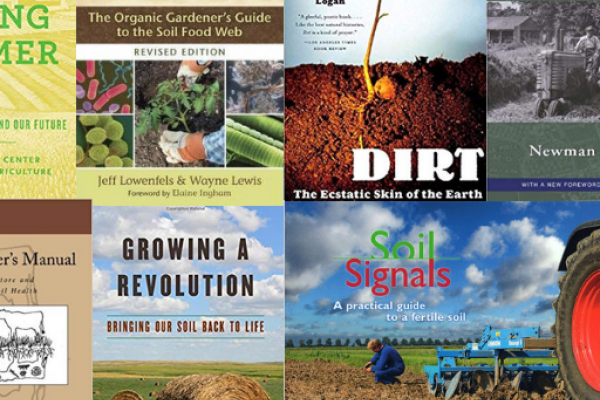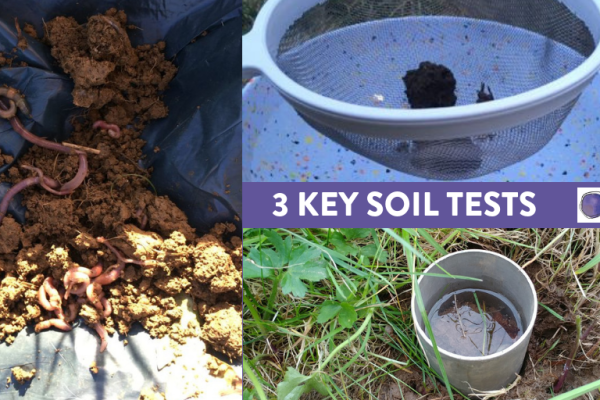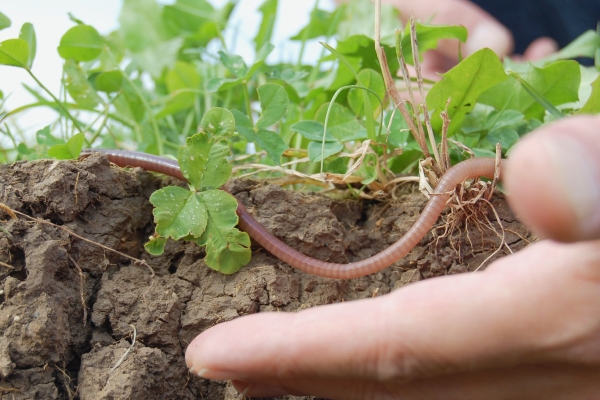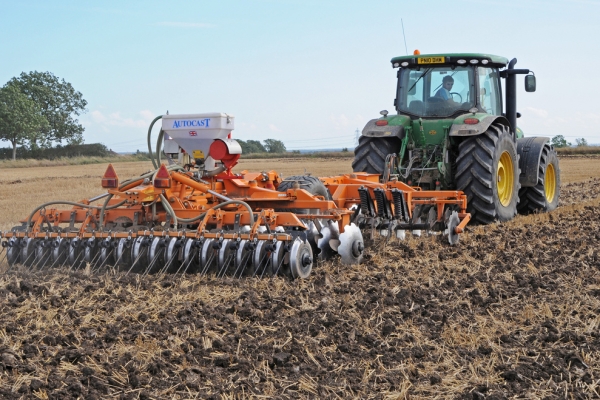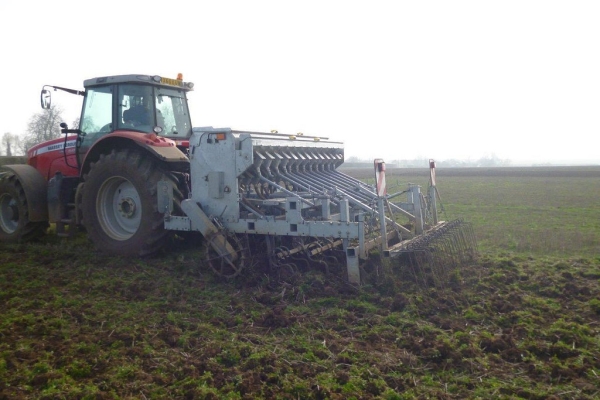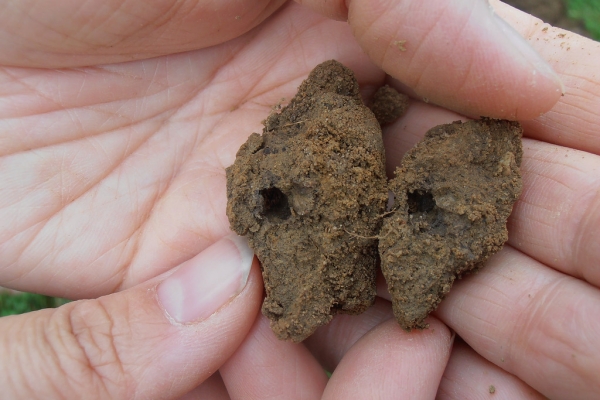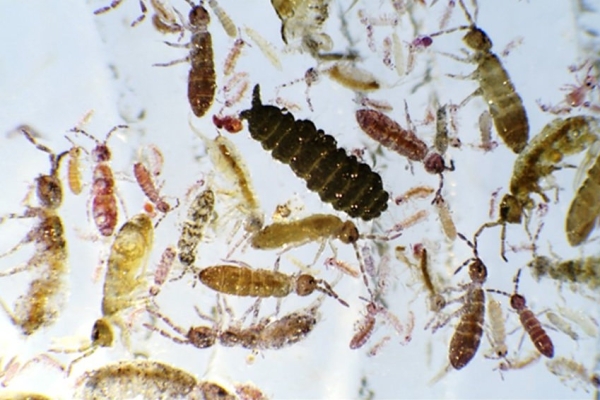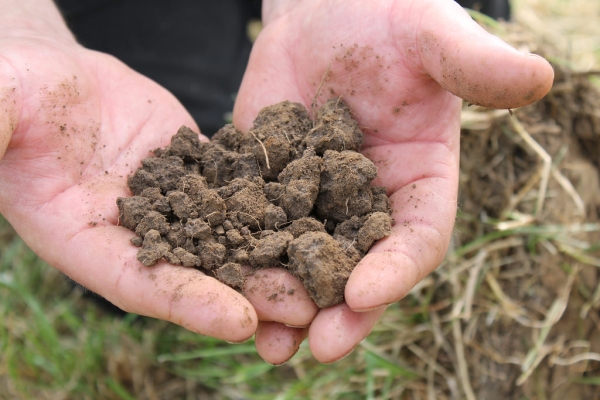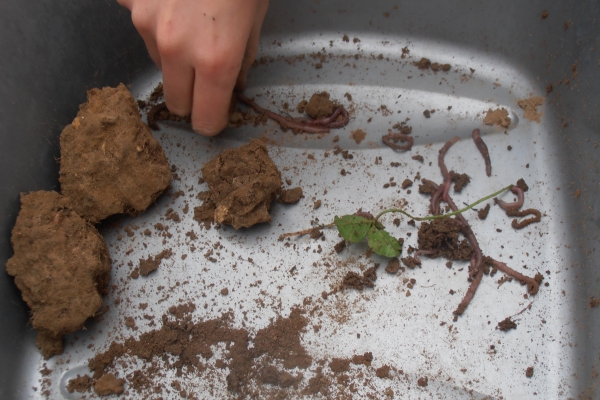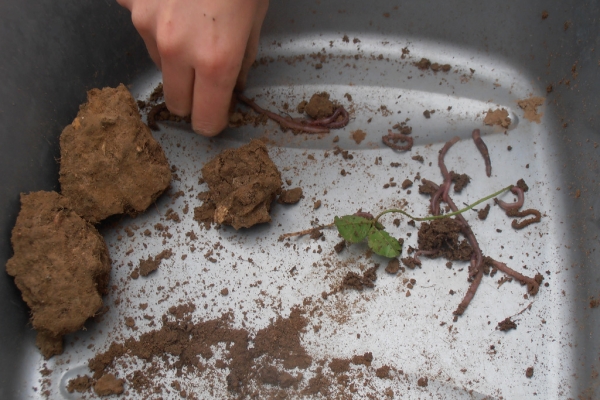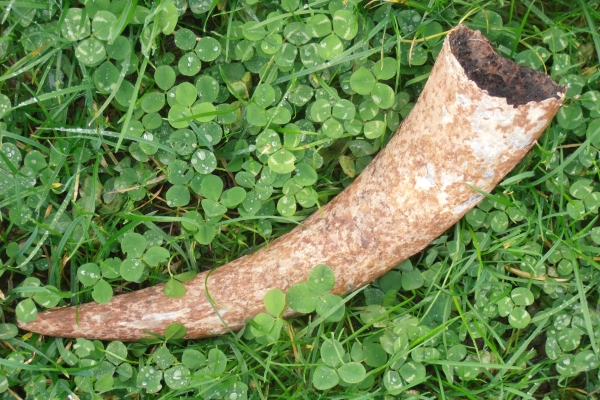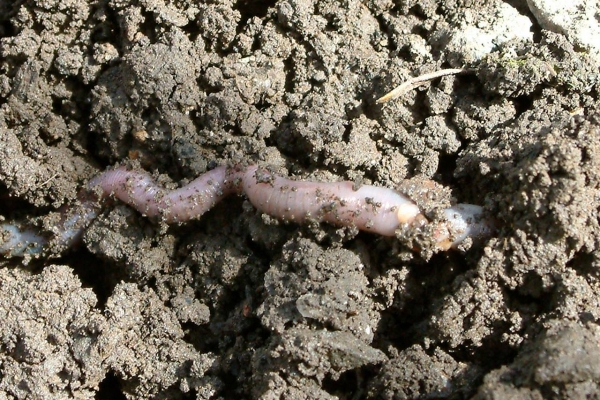World Worm Week 23rd – 31st March
World Worm Week is the 23rd to the 31st of March and in this short video soil scientist Dr. Jackie Stroud from Rothamsted Research explains why it is important to get involved and covers basic guidelines to identifying common earthworms.
The information contained above reflects the views of the author/s and does not necessarily reflect that of Agricology and its partners.
Related articles
Learn how to identify different types of earthworms and how you might improve your soil management in this quiz brought to you as the second...
Which soil tests to do, when to do them, which fields and where on the fields to test to get a representative sample.
Read these books to get up to speed on soil health and how to build it for your land.
Spring and autumn are the best times to do soil tests. Try the three most important and easy soil tests you can do yourself on...
Earthworms; their biology, ecology, and multiple services they provide, and what we can do to ensure they thrive and benefit soil fertility.
The impacts of reduced tillage methods on crop yield, fertility building and weeds; some key messages from the TILMAN-ORG project.
Interesting research from the RAU exploring the effects of different forms of tillage on soil chemical and biological properties.
LEAF’s soil assessment tool to help you improve the soil on your farm and long-term sustainability of your land using ‘Six Simple Steps.’
A detailed review to help you recognise farming practices that will encourage soil biota.
LEAF Demonstration Farmer Chris Baylis discusses measures put in place to help improve soil structure and drainage on his farm with agricultural advisor Philip Wright.
A pack introducing some essential basics for growers, helping promote understanding and improve the management of soil
Tips to help you choose the most appropriate methods to assess and manage your soil health - provided by the GREATSoils project team.
Biodynamic Association guidelines that describe the use of compost and spray preparations that help form the basis of biodynamic practice.
Scientist Felicity Crotty from the Game & Wildlife Conservation Trust explains the importance of healthy soil and outlines the five main factors that impact soil...
